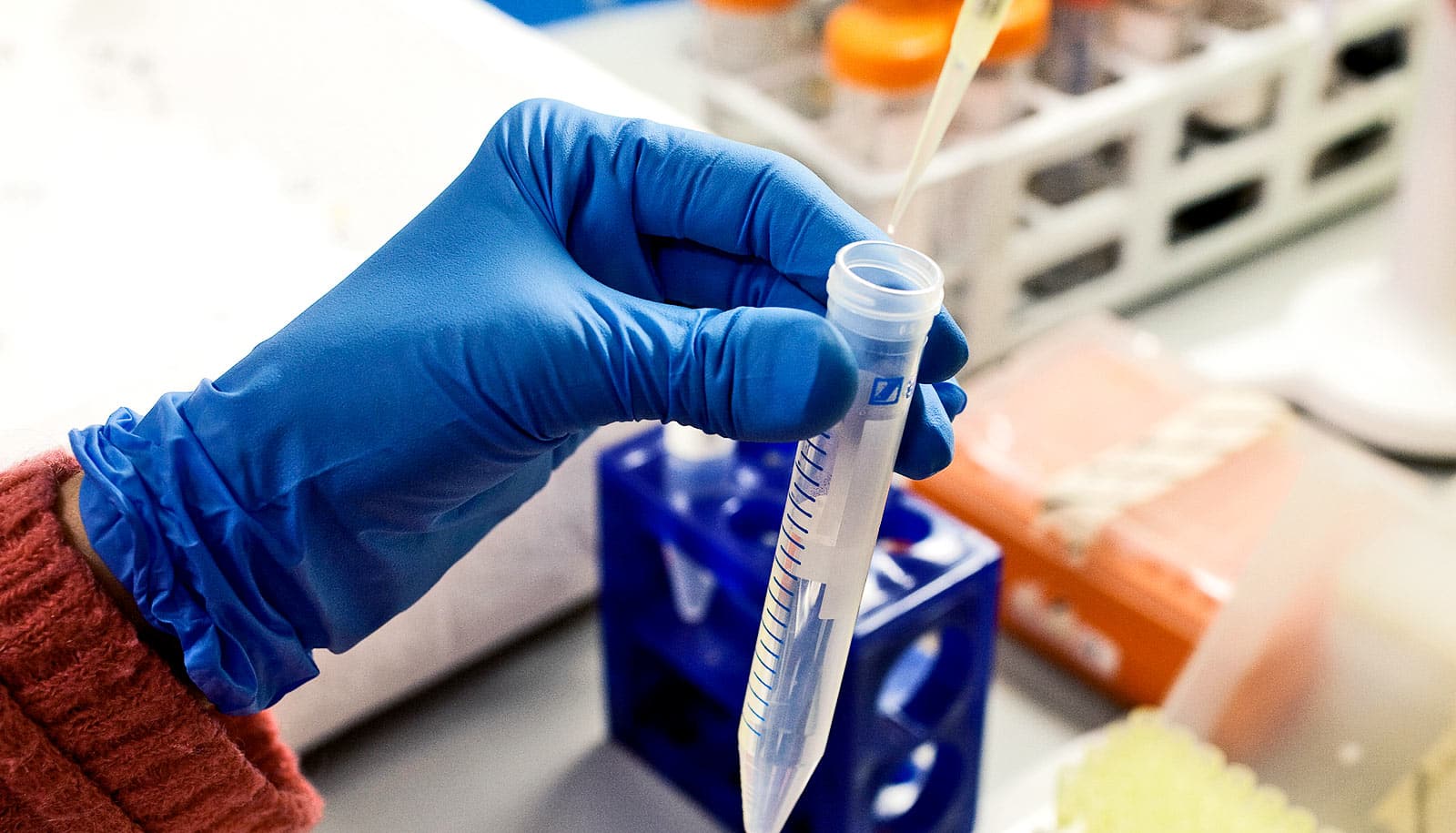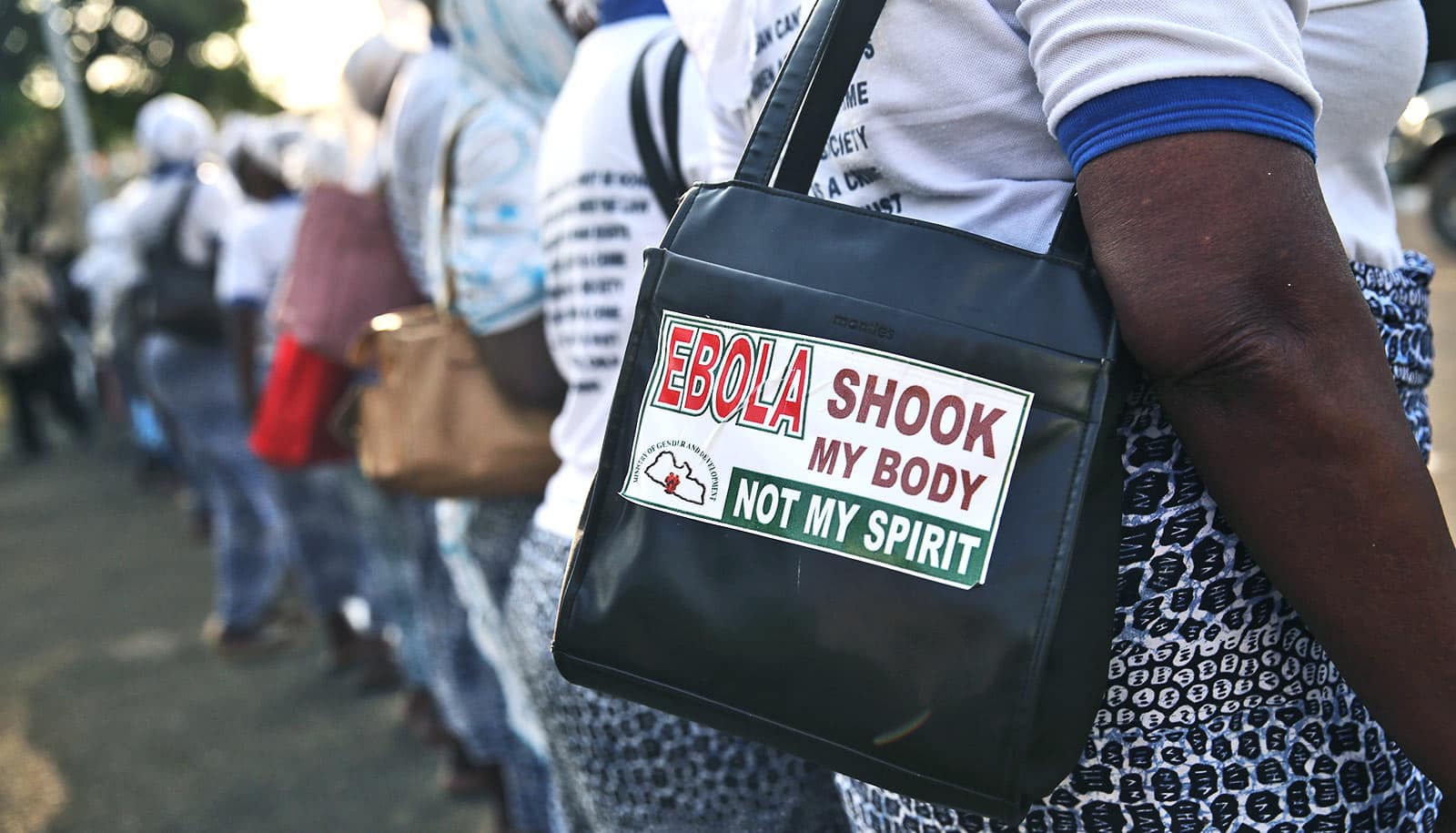A new app called HIVSmart! lets people test themselves for HIV, connects them to care quickly, and could be adapted for many at-risk populations, according to a new study.
The World Health Organization (WHO) has recommended HIV self-testing strategies since 2016, as they empower people to find out their HIV status at their convenience. Home-based testing kits have yet to be approved for sale in Canada.
A team of researchers have, however, evaluated an unsupervised HIV self-testing program via a smartphone and tablet application called HIVSmart! among an at-risk population (men who have sex with men). Their findings appear in the Journal of Medical Internet Research.
Self-screening strategy
In order to end the AIDS epidemic, UNAIDS identified the following fast-track targets to meet by 2030:
- 95 percent of all people living with HIV will know their HIV status.
- 95 percent of all people with diagnosed HIV infection will receive sustained antiretroviral therapy.
- 95 percent of all people receiving antiretroviral therapy will have viral suppression.
“To reach the first 95 of the so-called 95-95-95 targets set by UNAIDS by 2030, it is imperative that we help detect HIV in those who are living unaware of their HIV status. A screening strategy that has the potential to reach the undiagnosed is HIV self-testing,” says Nitika Pant Pai, lead author of this study and an associate professor of medicine at McGill University. “HIVSmart! plugs all the gaps in the self-testing process; it works with any approved HIV self-test, facilitates testing, and proactively informs the user.”
“By promoting screening, HIVSmart! could help to reduce the number of people living with HIV who do not know their status and allow them to start treatment earlier,” adds Réjean Thomas, study coauthor and founder and CEO of Clinique Médicale L’Actuel. “An application such as HIVSmart! increases accessibility to testing, especially outside major cities, where it is sometimes harder to get tested because of confidentiality issues.”
HIVSmart! is a confidential software app available on multiple platforms, including smartphones, tablets, and the web (Android, iPhone, and iPad). It informs, interprets, and stores data confidentially. But most importantly, it links users to counseling or care quickly and encourages them to stay in care.
‘Feasible, accepted, and preferred’
Between July 2016 and February 2017, researchers conducted a study on 451 men who have sex with men (sometimes referred to as MSM) aged 18 to 73 years who came to the Clinique Médicale L’Actuel for HIV testing. Of the participants:
- 84.7 percent had an education beyond high school
- 79.5 percent were employed
- 52.5 percent had gotten testing in the past 6 months
The participants were then offered an in-home saliva-based HIV test and a tablet equipped with the HIVSmart! app. The strategy mimicked testing in an unsupervised home environment. The HIVSmart! app guided participants through the self-testing processes and showed them to perform and interpret the test, store results, and receive care swiftly.
The researchers found that:
- 99.3 percent of the participants self-tested negative and received counseling after their test.
- 0.7 percent of the participants who self-tested positive and were lab-confirmed positive were linked to a physician within the same day.
- 98.8 percent of the participants found the app to be useful.
- 94 percent of the participants were willing to recommend it to a friend or partner.
“Our study shows that the HIVSmart! app strategy is feasible, accepted, and preferred by an educated, urban MSM population in Montreal,” says Pant Pai. “As a strategy, it suits individuals who prefer to test themselves at their convenience in the comfort of a private space such as their home, office, or kiosks. That’s empowering!”
Key populations
In Canada, the HIV epidemic is disproportionally represented in key populations, such as MSM, injection drug users (IDUs), Indigenous populations, and immigrants from HIV-endemic countries. Approximately 18 to 25 percent of Canadian MSM populations are unaware of their HIV-positive status, and the number may be proportionally higher for IDUs, Indigenous populations, and immigrants, which underscores the need for accessible HIV self-testing services.
“At present, we have all the means to eradicate HIV. The HIVSmart! app is a way to support patient autonomy,” says Thomas. “Promoting screening reduces the number of people who do not know their HIV status, puts HIV-positive people on treatment quickly so their viral charge becomes undetectable, and, ultimately, eradicate HIV.”
Researchers plan to adapt the HIVSmart! self-testing strategy for many at-risk populations in Canada and worldwide, thereby maximizing its public health impact. The HIVSmart! strategy is also being tested in South Africa.
The McGill University Health Centre, Grand Challenges Canada, the Canadian Institutes of Health Research, and the Fonds de recherche du Québec-Santé funded the project.
Source: McGill University



